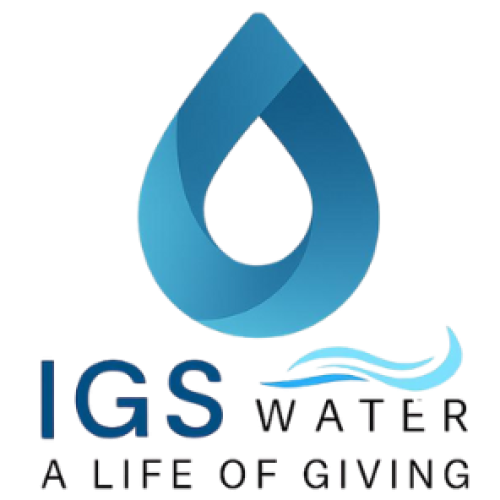Algae growth is one of the most common challenges faced by pond and lake owners. When water becomes stagnant and oxygen levels drop, algae quickly take advantage of the ideal conditions and multiply. Excessive algae not only turns water green but also disrupts the ecosystem, affects aquatic life, and creates unpleasant odors. One of the most effective and natural solutions to this problem is proper water circulation.
Water circulation directly affects oxygen distribution, nutrient balance, and overall water health. Understanding how circulation works can help prevent algae before it becomes a major issue.
1. Circulation Increases Dissolved Oxygen Levels
Algae thrive in water with low dissolved oxygen, especially in deeper and stagnant areas. When water does not move, oxygen cannot reach the lower layers, causing anaerobic zones where algae can dominate.
Proper circulation:
- Brings oxygen from the surface down to deeper water
- Prevents the formation of low-oxygen pockets
- Supports beneficial bacteria that break down waste
With balanced oxygen throughout the water column, algae lose the advantage, and healthier microorganisms take over.
2. Circulation Reduces Stagnation
Stagnant water creates warm, still zones that are perfect for algae blooms. Without movement, sunlight penetrates easily, nutrients accumulate, and oxygen declines.
Effective water circulation:
- Keeps water moving continuously
- Disrupts stagnant zones
- Distributes temperature evenly
- Limits the stable environment algae need to grow
When water flows and moves, algae cannot settle or multiply as quickly.
3. Circulation Prevents Nutrient Accumulation
Algae feed on nutrients such as nitrogen and phosphorus. These nutrients often settle at the bottom of ponds and lakes when there is no movement.
By improving circulation, these nutrients are:
- Mixed throughout the water instead of concentrating in one area
- Made accessible to beneficial bacteria that break them down
- Less available for algae growth
Balanced nutrient distribution leads to fewer algae problems over time.
4. Circulation Helps Break Down Organic Waste
Organic waste such as leaves, sludge, fish waste, and plant debris accumulates in ponds with poor flow. This waste releases nutrients that feed algae, and in anaerobic conditions, it produces harmful gases.
Good circulation:
- Helps aerobic bacteria thrive
- Speeds up decomposition of organic waste
- Prevents the buildup of sludge
- Reduces nutrient release into the water
Less waste means fewer nutrients for algae to use as fuel.
5. Circulation Supports a Balanced Ecosystem
A well-circulated pond or lake naturally regulates itself. Healthy circulation:
- Keeps water clear
- Maintains stable temperature layers
- Supports fish, plants, and microorganisms
- Reduces stress on aquatic life
When an ecosystem is balanced, algae cannot take over easily because natural competitors and oxygen levels keep growth under control.
6. How IGS Water Enhances Water Circulation
IGS Water provides advanced solutions designed to improve circulation in ponds and lakes. Our Pond Aeration System (Destratification System) and Nanobubble Generator work together to:
- Increase oxygen distribution
- Break stagnant layers
- Reduce algae growth
- Improve water clarity
- Prevent odors and anaerobic conditions
These systems are energy-efficient and engineered to provide long-term water quality improvement without the need for chemicals.
Conclusion
Water circulation plays a critical role in preventing algae by improving oxygen levels, breaking stagnant zones, reducing nutrients, and supporting natural waste decomposition. With proper circulation, ponds and lakes remain clearer, healthier, and more stable throughout the year.
If you want to enhance water quality and prevent algae in your pond or lake, IGS Water can provide tailored solutions that ensure long-term success.

